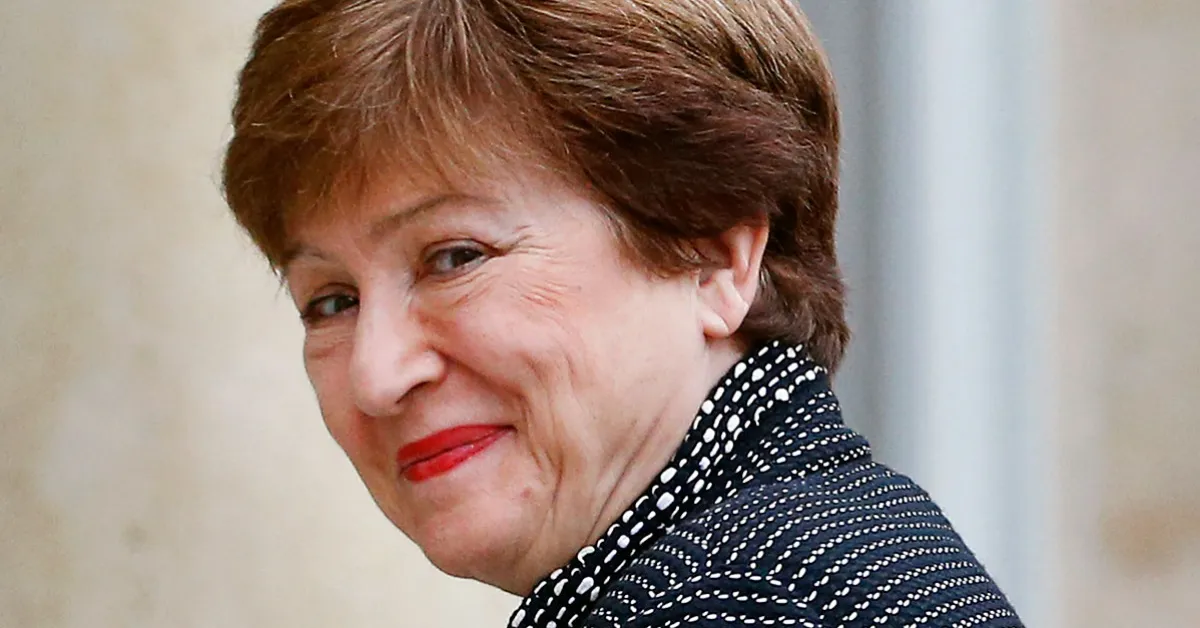IMF Director Kristalina Georgieva praised Brazil’s economic growth, highlighting its standout performance globally.
Despite global growth at around 3%, Brazil’s focused economic policies and major reforms have gained international recognition for their potential to boost growth.
Expected GDP growth below 2% in 2024 may seem small, but Georgieva thinks it reflects Brazil’s broader commitment to improving its economic prospects.
Georgieva specifically applauded Brazil for introducing a new value-added tax.
This reform, critical to Brazil’s fiscal strategy, aims to stimulate private investment and reduce currency fluctuation risks.
It plays a vital role in enhancing Brazil’s economic environment and boosting private sector involvement.

Furthermore, Georgieva emphasized Brazil’s significant role in the climate economy.
The country’s focus on ecological transformation aims to open new industrial avenues and significantly enhance global sustainability.
Brazil’s high level of digitalization also earned praise from the IMF Director.
With internet access well above the global average, Brazil stands ready to use digital innovation for economic growth and development.
Tatiana Rosito emphasized Brazil’s role in global discussions on climate and development at the G20.
Brazil’s leadership is key in mobilizing resources for growth and addressing global issues like poverty.
These actions reflect Brazil’s strategy to boost its economy and contribute to economic stability and growth worldwide.
Focusing on monetary policy, fiscal reforms, and sustainability, Brazil aims for a stable, prosperous future amidst global recovery challenges.
Growing debt
IMF Director Kristalina Georgieva’s positive view of Brazil’s economic progress sidestepped the issue of the country’s growing public debt.
Still, in 2023, Brazil’s Gross Public Debt escalated to 74.34% of GDP, reflecting a 2.66 percentage point rise from the previous year, reaching R$8.1 trillion ($1.62 trillion).
This increase, driven by higher nominal interest rates and net issuances, was somewhat counterbalanced by GDP growth and the appreciation of Brazilian reals.
Interest payments surged to a record R$718.3 billion ($143.66 billion), making up 6.61% of GDP and marking a 22.5% increase from the previous year.
The consolidated public sector saw its deficit double to R$967.4 billion ($193.48 billion) from R$460.4 billion ($92.08 billion) in 2022, alongside a primary deficit of R$249.1 billion ($49.82 billion) in 2023, the largest since 2020.

